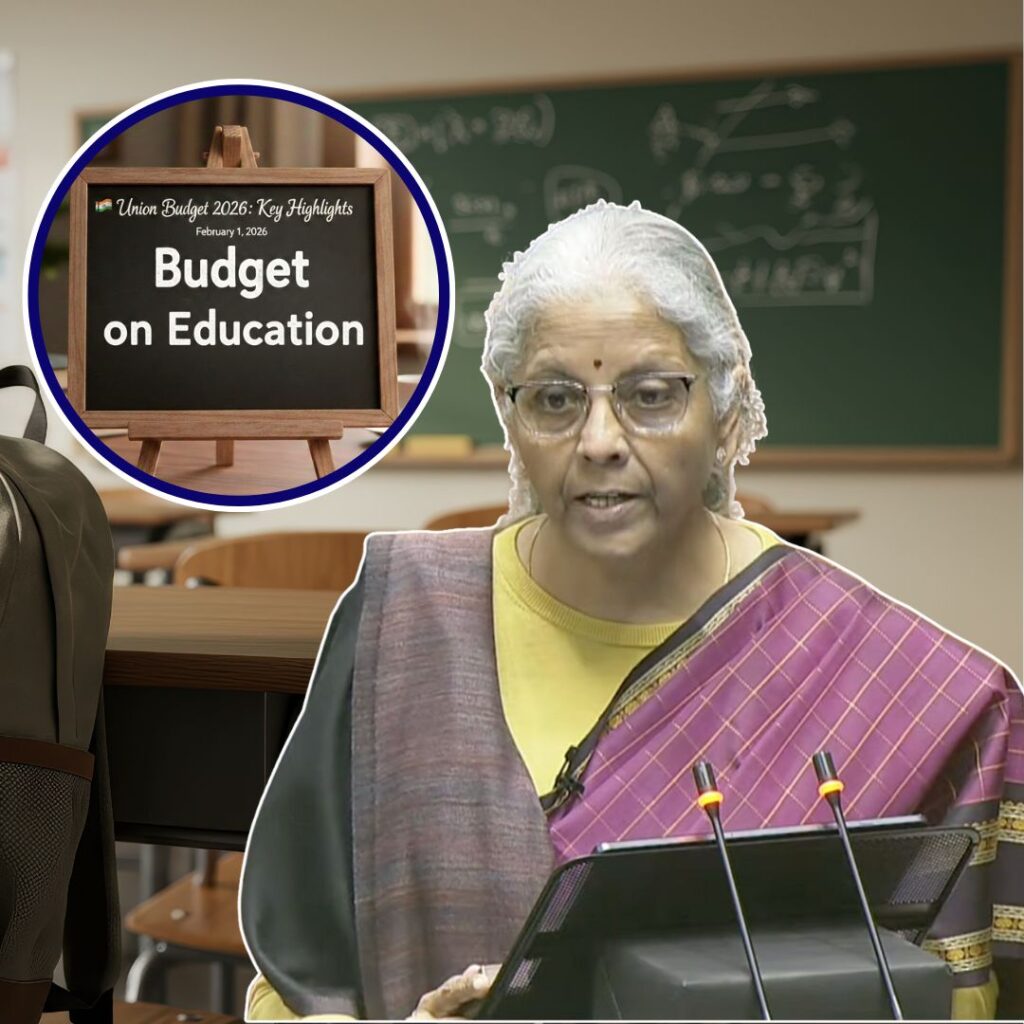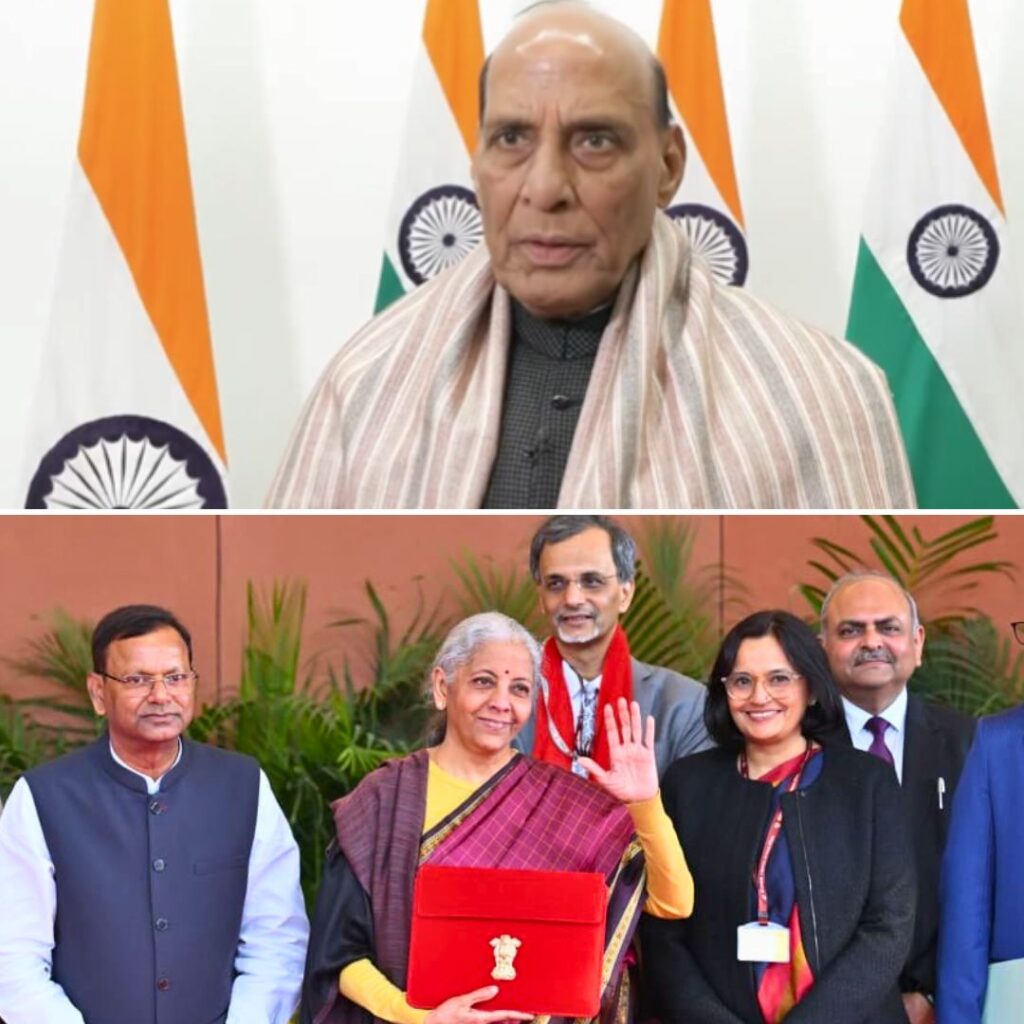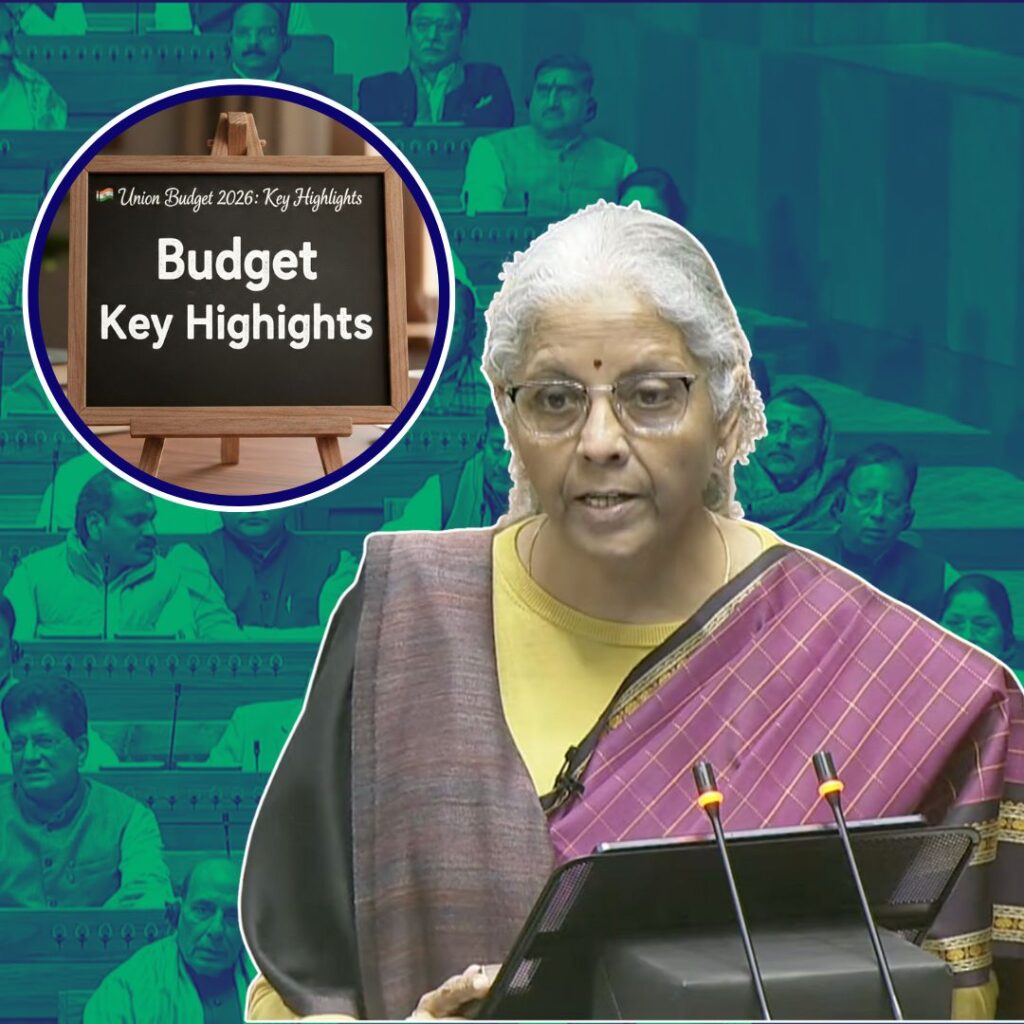Amidst controversy over the United States’ (US) calling Jammu and Kashmir “Indian-occupied Jammu and Kashmir”, the Ministry of External Affairs (MEA) has declined to protest the usage of the term, stating that the term was acceptable and “affirms” India’s position.
As reported by The Hindu, an MEA spokesperson said, “The use of the term ‘Indian-administered Jammu and Kashmir’ merely affirms our position that Syed Salahuddin has been involved in cross-border terrorism in India … Similar term has been used in the State Department’s country reports on terrorism brought out every year, including in 2010-2013.”
In a second statement issued on Thursday evening the MEA added, “India’s position that the entire State of Jammu & Kashmir is an integral part of India is well known. The U.S. government has been apprised of the same once again.”
The stance is completely opposite to India’s statement to the UN Human Rights Council last month, when India’s Representative said, “The entire State of Jammu and Kashmir is an integral part of India. Pakistan remains in illegal occupation of a part of our territory. Therefore, the neutrality of the phrase “Indian-administered Jammu & Kashmir” is artificial.”
The official US State Department press note with the phrase “Indian-administered Jammu and Kashmir” underlined. US State Department Background
On Monday, 26 June, India welcomed the United States’ move to designate Hizbul-ul-Mujahideen commander Sayed Salahuddin as a Global Terrorist.
In its press note, the US State Department said, “Under Salahuddin’s tenure as senior HM leader, HM has claimed responsibility for several attacks, including the April 2014 explosives attack in Indian-administered Jammu and Kashmir, which injured 17 people.”
The State Department’s usage of the term “Indian-administered Jammu and Kashmir” evoked much controversy.
Opposition members demanded that the government raise the issue with the US. Former Finance Minister P Chidambaram tweeted: “US’ official statement used the phrase ‘Indian-administered Jammu and Kashmir’. How did India accept this?”
US’ official statement used the phrase ‘Indian-administered Jammu and Kashmir’. How did India accept this?
— P. Chidambaram (@PChidambaram_IN) June 28, 2017
What’s in a name?
The usage of the term “Indian-administered Jammu and Kashmir” has always been controversial. While less contentious than the phrase “India-occupied Kashmir”, which is often used by opponents of India’s claim on the northern state, “Indian-administered Kashmir” is a phrase that sends a message of colonialism and illegal occupation.
However, the phrase is not as rarely used as one might think. A simple search of the US State Department website reveals that the term has been used by many State documents in the past years. However, many State documents also omit the phrase, referring to the state as merely “Jammu and Kashmir”. Therefore, there is no particular pattern of usage as such.
A simple search of the US State Department website reveals that the term has been used by many State documents in the past years. However, there is no particular pattern of usage as such. Much ado about nothing or a serious issue?
Husain Haqqani, former Ambassador of Pakistan to the United States, reportedly said, “They have used different terms at different times, all meant to indicate de facto control. De jure they still consider entire territory of J&K as disputed territory. Hence the qualifiers.”
On the contrary, former Indian Ambassador to the US Meera Shankar disagreed, saying the issue should not be given much prominence. She told The Hindu, “The designation of Syed Salahuddin as a terrorist is important because till now the US has tended to see the Hizb- leadership more in the context of the India-Pakistan dispute and has been reluctant to designate it as terrorist.”
It should be remembered that as the MEA’s recent statement concerns with only US usage of the term, it does not concern with the term’s general usage in the United Nations and the international press.











